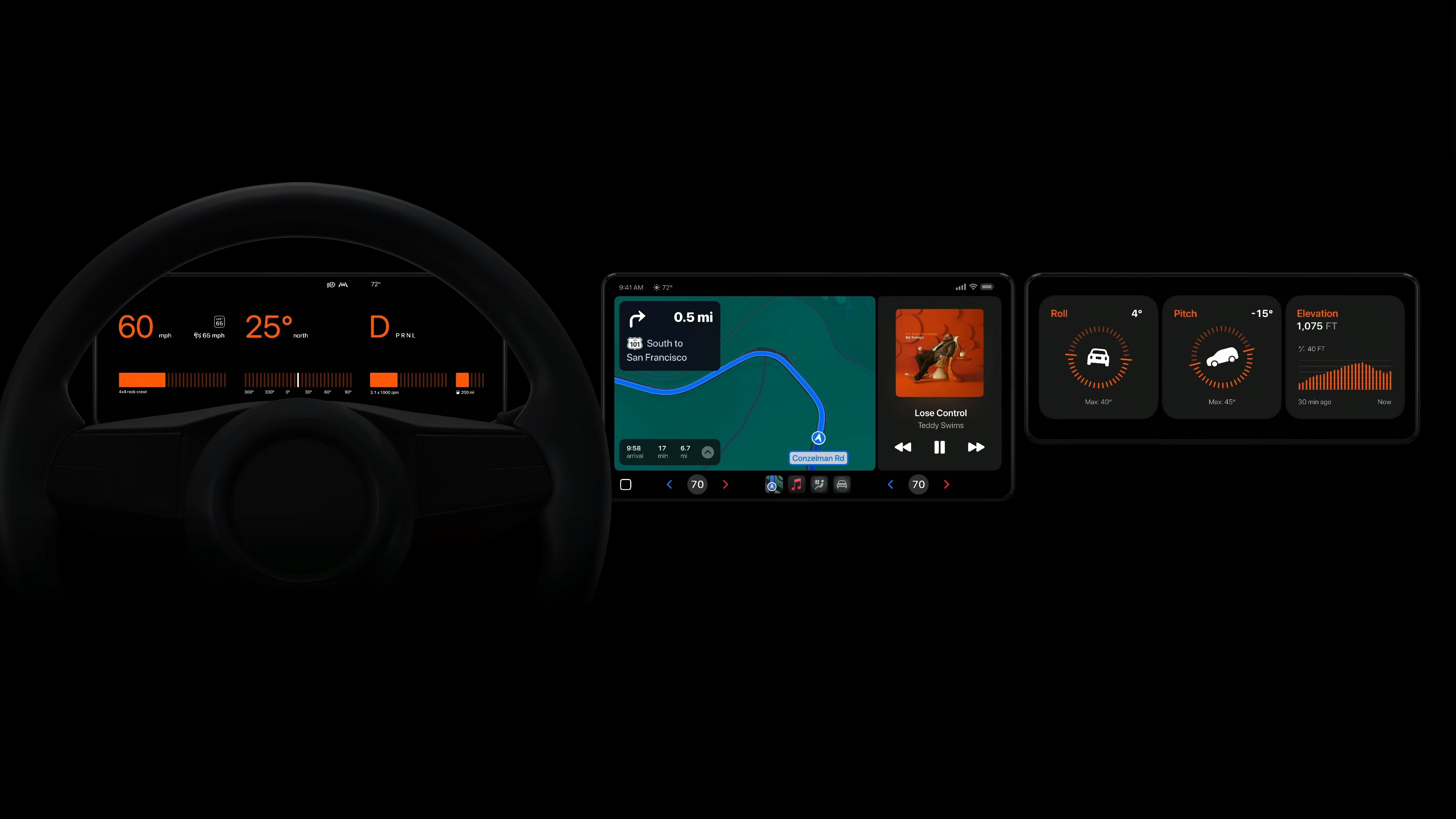
The company's stance was explained in a recent interview with The Verge's Nilay Patel on the "Decoder" podcast. Scaringe emphasized that Rivian's desire to create a seamless and well-integrated digital experience is the primary reason for not adopting CarPlay. He likened the decision to Apple choosing to develop iOS and macOS instead of using Microsoft's Windows operating system, stating, "There is a reason that ironically is very consistent with Apple ethos for us to want to control the ecosystem."
Apple CarPlay was introduced in 2014 and allows iPhone users to mirror some of their phone's features on a car's infotainment system, providing access to Siri, navigation, and some apps in a familiar interface. It has become a popular feature in many vehicles, with a significant number of consumers considering it a critical factor in purchasing decisions.
Rivian's rejection of CarPlay stems from a desire to maintain control over the entire user experience within its vehicles. Scaringe highlighted that CarPlay's inability to "leverage other parts of the vehicle experience" would necessitate users to exit the app for certain functions, such as opening the front trunk. He explained, "We have taken the view of the digital experience in the vehicle wants to feel consistent and holistically harmonious across every touchpoint."
The decision to exclude CarPlay is seen as part of Rivian's broader strategy to control the "digital real estate" within its vehicles. Scaringe stated, "We just believe that it is such an important piece of real estate, the digital ecosystem, that it was something we want to retain."
He also acknowledged customer feedback regarding the current shortcomings in Rivian's mapping and navigation systems, an area where CarPlay excels. He noted that Rivian is actively working on improvements, facilitated by the company's acquisition of route planning app maker Iternio.
Despite not supporting CarPlay, Rivian plans to incorporate many of its desirable features on an "à la carte basis." The company has already integrated Apple Music with Spatial Audio support. Scaringe expressed his admiration for Apple's products and reiterated the strong relationship between the two companies. However, he emphasized the importance of consistency and control in delivering a "pure product experience" for Rivian customers.
The absence of CarPlay in Rivian's vehicles is not unique in the automotive industry. Tesla has never adopted the feature, and General Motors recently decided to drop support for CarPlay and Android Auto in its future electric vehicle models. In contrast, luxury brands like Porsche and Aston Martin are set to adopt the next-generation CarPlay experience.
Related Roundup: CarPlay
Related Forum: HomePod, HomeKit, CarPlay, Home & Auto Technology
This article, "Rivian CEO Explains Why Apple CarPlay Won't Come to Its Vehicles" first appeared on MacRumors.com
Discuss this article in our forums








 English (US) ·
English (US) ·